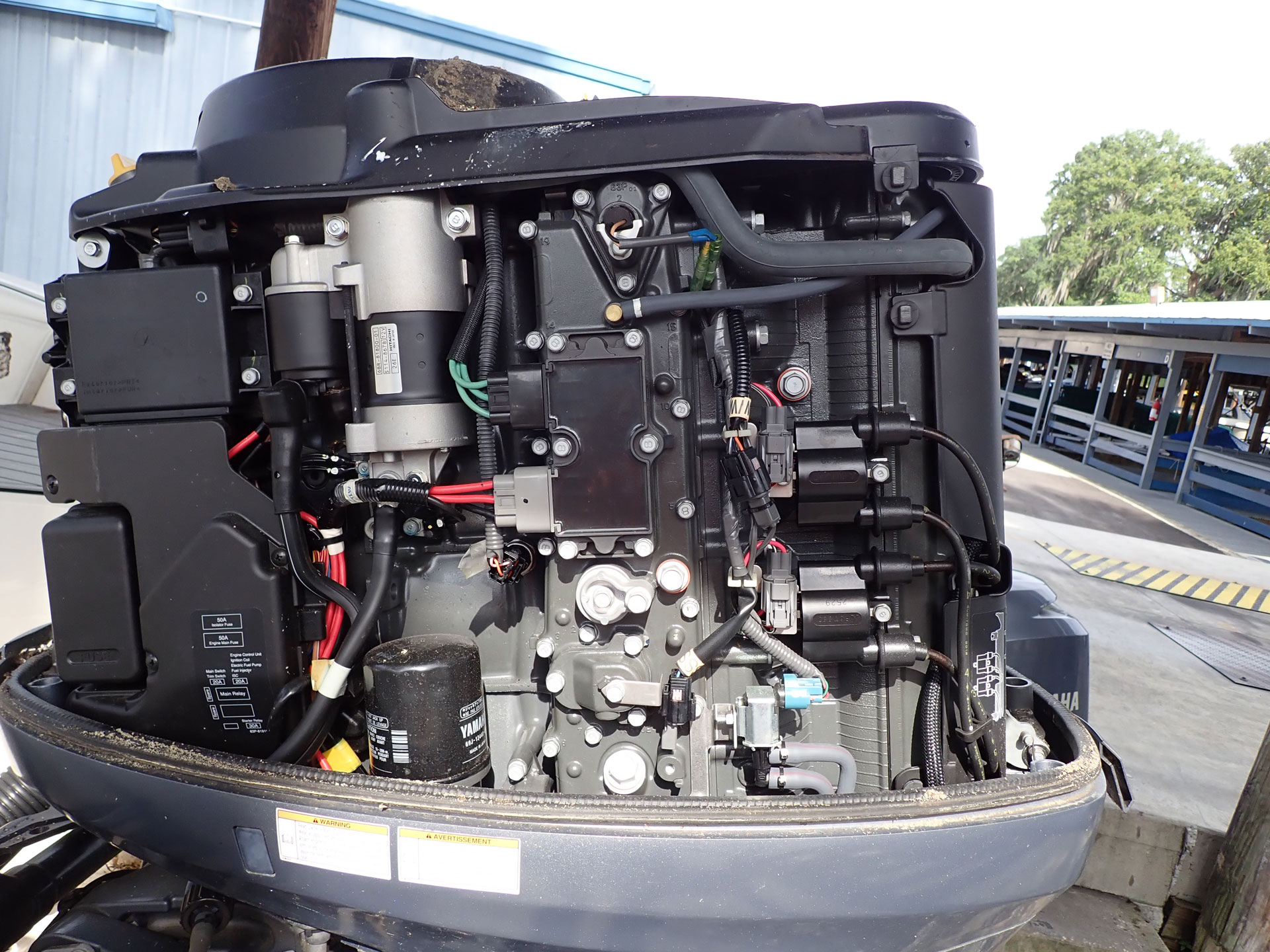Views: 126 Author: Site Editor Publish Time: 2019-11-25 Origin: Site
Preventive boat motor maintenance facilitates safe boating can keep your motor reliable for a long time. By following some basic maintenance habits, you can avoid the most-common marine engine issues.

Flush out the engine. This doesn't just apply to saltwater adventures, but to freshwater outings as well.
Start up the engine and let the water pump do the rest (practice safe boating by remembering to stay clear of the prop and make sure no one tries to shift the motor into gear).
While you're flushing the motor, check the water pump to make sure it has good water flow. Carefully put your finger through the stream of water. It may be warm, but it shouldn't be hot. If the output is not strong, you may have some debris stuck in the outflow tube. Immediately shut down the engine to prevent overheating and damage. Insert a small piece of wire into the flow tube and work it back and forth. Start the engine again and check the output. If that doesn't solve the problem, you may need a new water pump.
After flushing the engine, disconnect the fuel line and allow the engine to burn all the fuel in the carburetor. Once you've finished the flushing and run the engine out of fuel, be sure to turn off the key and, if you have a battery switch, turn it off.
Take the engine cowling off and check for fuel or water leaks. If you find leaks, consult your safe boating mechanic.
Wipe everything down and spray with an anti-corrosive. Be sure to lubricate all the moving parts, such as the shift, throttle cables, carburetor valves, etc.
Replace the cowling and wipe it down. Keep a canvas or plastic cover on the engine between trips.
Always use fresh fuel. At the end of the season, boat motor maintenance should include draining your tanks and taking the fuel to the proper recycling authority.

Periodically check the fuel line for cracks and worn spots.
Make sure the fuel primer bulb is not cracked and is pliable.
Make sure the fuel-line fittings seat properly and don't leak.
Check the clamps on the fuel line for rust or corrosion.
Check the fuel tanks for damage and corrosion.
Check the tank vent to make sure it aspirates properly.
Check regularly for water in the fuel.
So, please treat your outboard motor carefully, don’t let an engine issue ruin your day of boating.